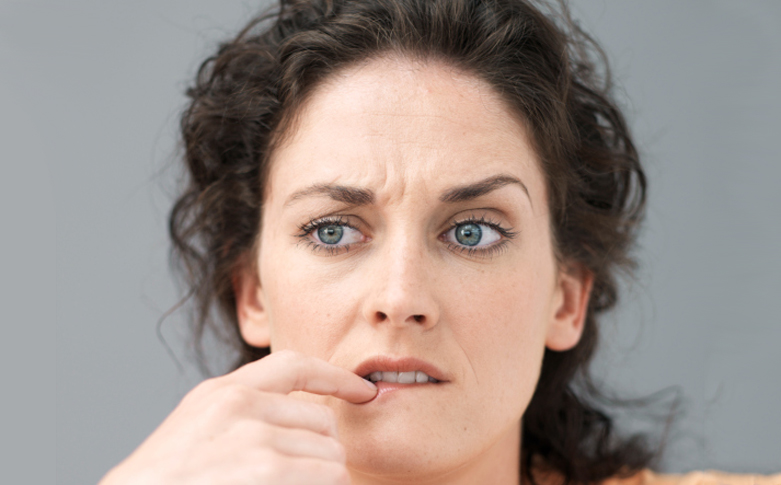Recharge
A nourishing diet, enough sleep and regular exercise—these are the basic components for a high-energy life.
Eat Smart: Curb the carbs, add protein to every meal, fill up with fiber and don’t be afraid of fat.
Nurses! Back away from the vending machine!
For years we were told that carbohydrates were the food we needed for “energy.” But carbs (at least the processed variety, which is what most of us eat) can send blood sugar levels on a roller coaster ride and lead to an energy free fall. Protein is far better at filling you up and with significantly less effect on insulin than carbohydrates. So, what’s the real energy food? Protein.
- For high energy, focus on food that our ancestors could have hunted, fished, gathered or plucked from a tree. That includes meat (grass-fed or wild game), fish, vegetables, fruits, berries and nuts.
- Beware of food that never expires. It won’t preserve your energy.
- Food for thought: Absolutely everything we do, feel and think is influenced by what we eat.
Berry Good Yogurt
A protein-carb mix helps sustain energy.
1 cup plain whole yogurt with live cultures
¼ cup fresh blueberries
1 ounce raw almonds or pecans
1 ounce dried cranberries or raisins
1 to 2 tablespoons goji berries
Barlean’s Forti-Flax, optional
Stir together the yogurt, blueberries, almonds and cranberries in a small bowl. Sprinkle the Barlean’s Forti-Flax on top.
Energy All-Stars
Looking for a high-energy addition to lunch or a mid-shift pick-me-up? Snack on these:
Sardines
Kiwifruit
Apples
Goji berries
Nuts
Pumpkin seeds
Avocados
Pomegranate juice
Sleep Well: You’re a nurse. We know you know this stuff, but still…
While it’s easy to understand how long days, rotating shifts and overnight hours can make getting eight hours of sleep a challenge, it’s critically important. Cheating the quantity or quality, even a little, can interfere with your stamina, mood, immune system and blood sugar levels. The sleep-deprived are at higher risk for depression, hypertension, stroke, cardiovascular disease, diabetes and obesity. Yet, we continue to cheat sleep. While experts say the average adult needs between seven and nine hours a day, according to the CDC, about 30 percent of working Americans get less than six hours of sleep. “Our culture has forgotten what it means to be awake.” Robert Stickgold, PhD, of Harvard Medical School’s Division of Sleep Medicine. “I think we spend most of our days a little bit groggy and a little bit inefficient.” For nurses, that can result in a mix-up in medication, misreading a chart or some other medical mistake. So, cut down on late night web-surfing or mindless television and go to bed in time to wake up refreshed. For tips on how to sleep well, see “Snooze Alarm.”

















